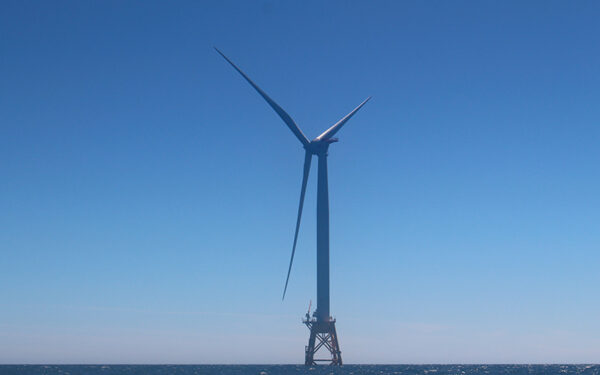Offshore Wind and Right Whales Can Coexist. Here’s How.
Seven guidelines for how North Atlantic right whales and offshore wind can share the sea as safely as possible.
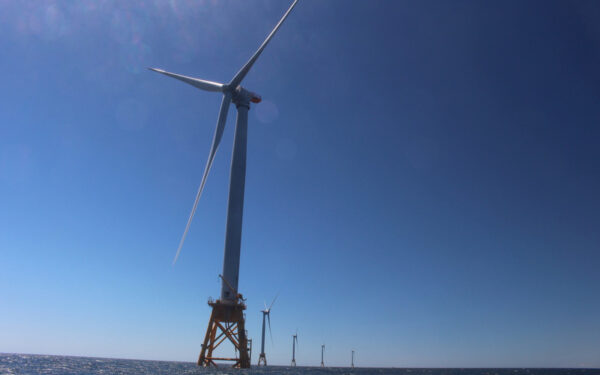
Seven guidelines for how North Atlantic right whales and offshore wind can share the sea as safely as possible.

Trash in landfills contaminates soil and water. That’s because all landfill sites will leak sooner or later.
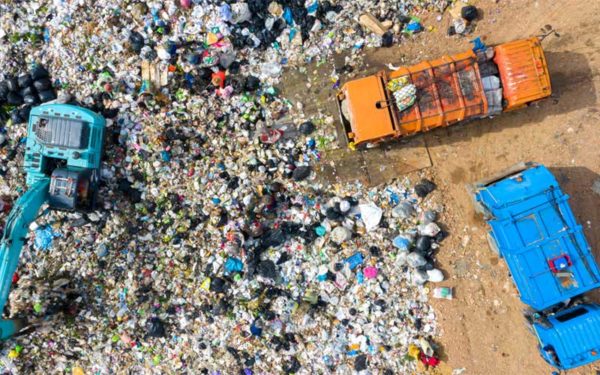
The Salem Harbor site where a coal-fired power plant once stood is slated to become a clean energy offshore wind port terminal in 2026, launching New England definitively into a clean energy future.

May 30, 2024 (Montpelier, VT) – Legislation authorizing the State of Vermont to recoup financial damages caused by climate change from major fossil fuel companies became law today when Governor Phil Scott failed to sign or veto the bill during the constitutionally-mandated five-day consideration period. The enactment of S.259, the Climate Superfund Act, marks a… Continue reading Climate Superfund Law Enacted
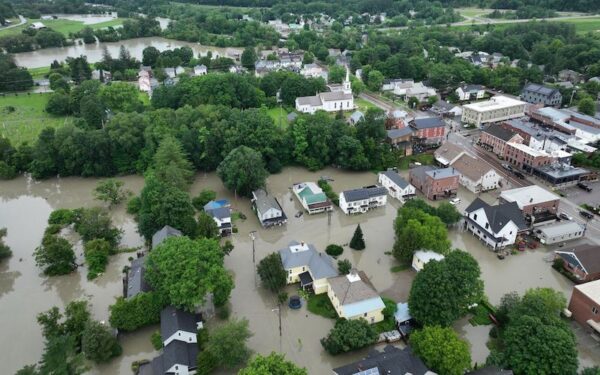
Wetlands are a critical piece of our ecosystem that must be protected.

Grid improvements will create cheaper and more reliable electricity
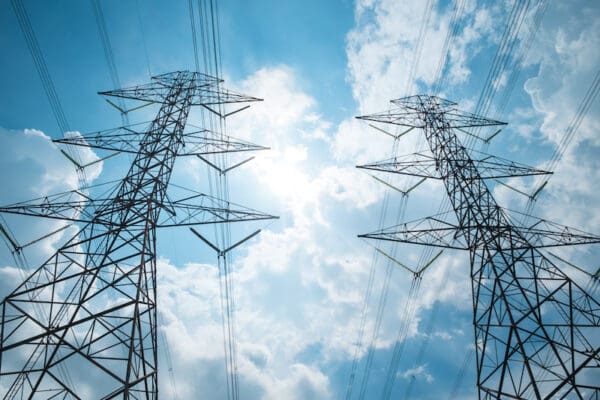
Air pollution across the United States is getting worse. Why? Because of our planet’s warming atmosphere.

CLF is resolving to continue fighting for urgent climate action to move New England towards a clean energy future.

Phil Coupe has been on the cutting edge of clean solar energy for the past 20 years. As co-founder of ReVision Energy, he wants to get the word out about the possiblities.
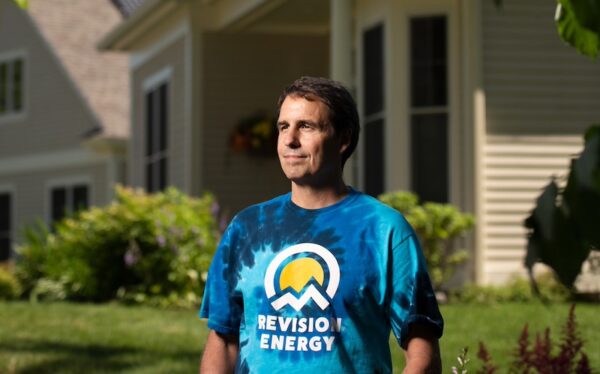
CLF Calls Move a Significant Step in Offshore Wind Development.
